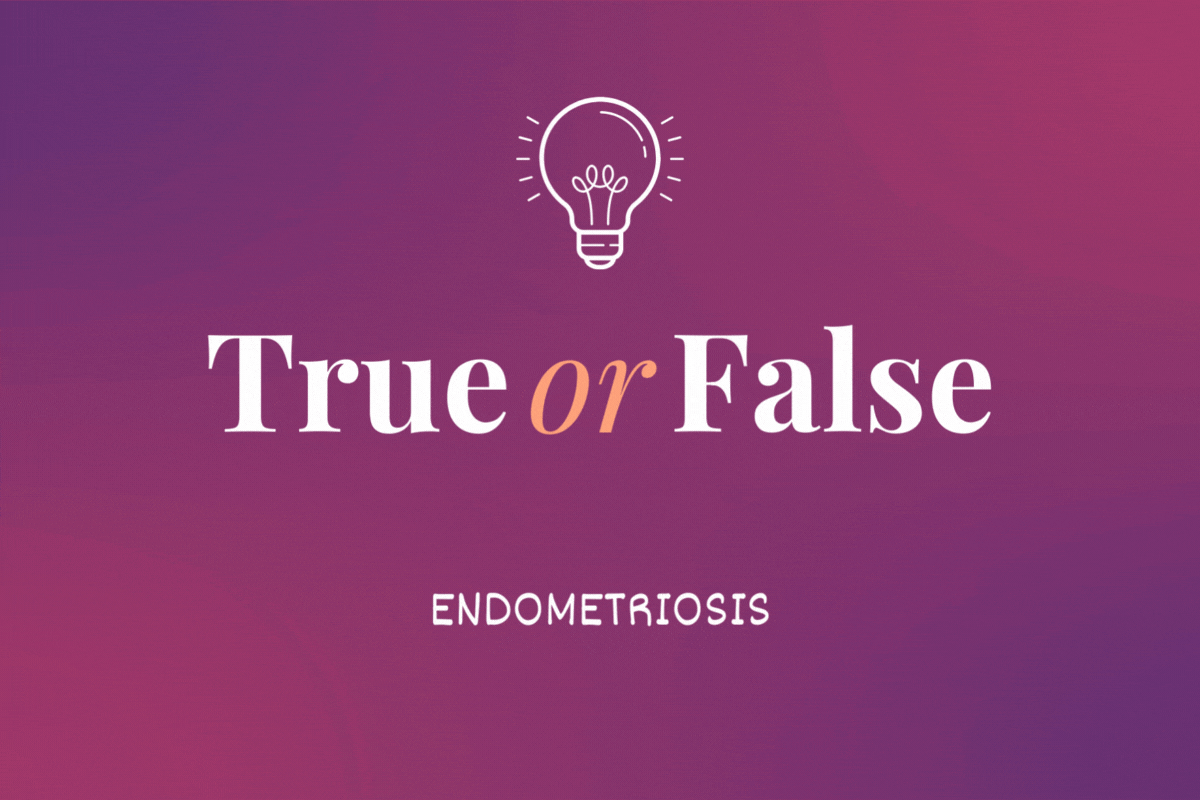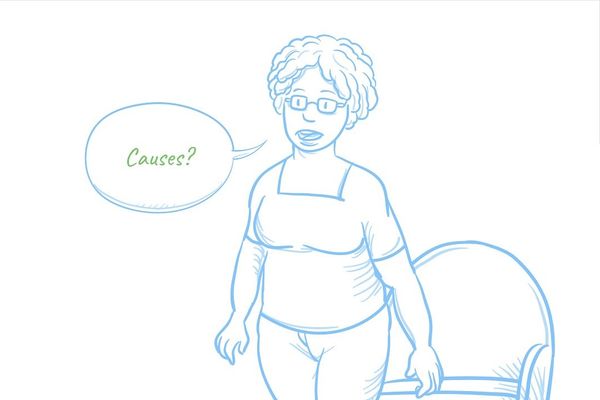By Stephanie H. Gordon, MD, CEO and founder, Women's Center, PC (Conyers, GA)
One of the most common gynecologic disorders in America is also one of the most misunderstood. One in 10 women are affected by it and suffer from the debilitating pain it can cause. For many, it can take up to 6 to 10 years to receive a diagnosis.
I'm talking about endometriosis, and if it's not on your radar, it needs to be.
Endometriosis occurs when tissue similar to that normally found in the uterus begins to grow outside the uterus. These misplaced growths, or lesions, can grow on the ovaries, fallopian tubes and other areas around the pelvis, which may lead to long-term pelvic pain during or between periods, pain with sex or other debilitating symptoms, depending on the location of the lesions.
Sadly, the symptoms of this chronic and painful disease can impact a woman's day-to-day activities, such as missing school or work. It can not only affect the woman with the disease, but also her interactions with her partners, friends and family. There are steps a woman can take to try and manage her symptoms, but without an endometriosis diagnosis, she can't take those proactive measures.
In 2003, I founded the Women's Center, to provide a better health care experience for women. Today, the Women's Center sees an average of three or four women per week who are newly diagnosed or who have scheduled a visit for treatment of endometriosis.
Most of the patients we see have very little knowledge about this disease, and more education is needed to help them identify the painful symptoms of endometriosis and address them with their health care provider.
Until recently, there hadn't been a lot of talk about endometriosis and information was limited. Now, educational resources like HealthyWomen and MEinEndo.com provide women with reliable information to learn about and better understand the disease.
If you think you may have endometriosis, start keeping a symptom diary and tracking your periods. This information will be valuable for your health care provider in reaching a potential endometriosis diagnosis. You are your best health advocate. Take a proactive role in your health.
And it's a two-way street. Health care providers need to be more aware of evaluating patients for endometriosis and take the time to talk about endometriosis symptoms and understand their true impact on patients' daily lives. The last thing a woman suffering from endometriosis pain wants to hear is to "suck it up," that her symptoms are "normal," or that "it's part of being a woman."
It's important to create an open dialogue and ask specific questions related to endometriosis symptoms at every visit, such as pelvic pain and whether it interferes with daily activities.
Both patients and health care providers can work together to raise awareness for this disease, educate others and help change the way endometriosis is understood.
Additional Resources:
- What You Don't Know About Endometriosis—But Should
- Endometriosis FAQs
- Why Can It Be So Difficult to Get an Endometriosis Diagnosis?
- Debunking Common Endometriosis Myths - HealthyWomen ›
- Lifestyle and Dietary Changes for Endometriosis - HealthyWomen ›
- Why Getting an Endometriosis Diagnosis Is Painfully Slow ... ›
- Endometriosis - HealthyWomen ›
- Fast Facts: What You Need to Know About Endometriosis - HealthyWomen ›
- What Is Endometriosis? - HealthyWomen ›







